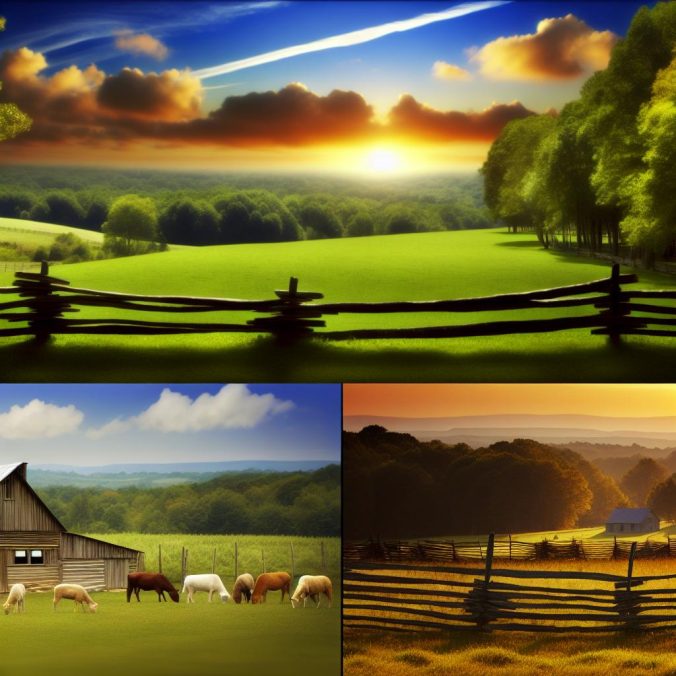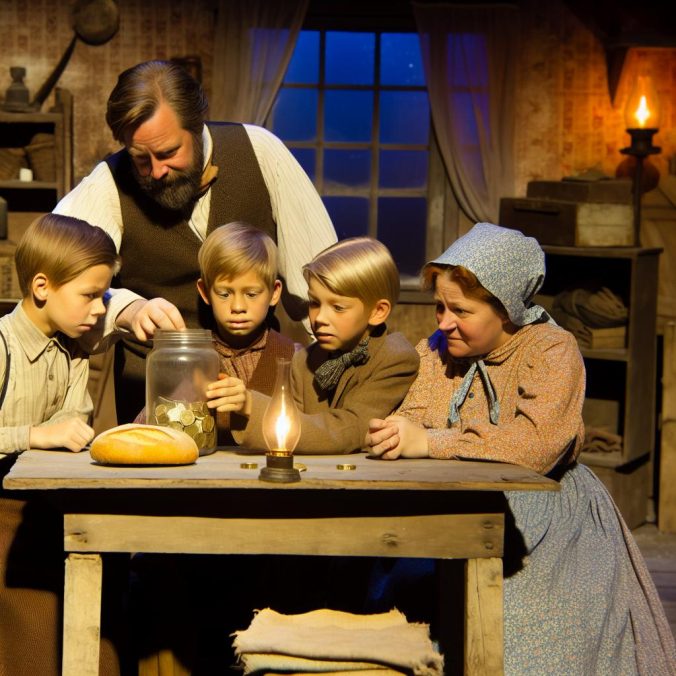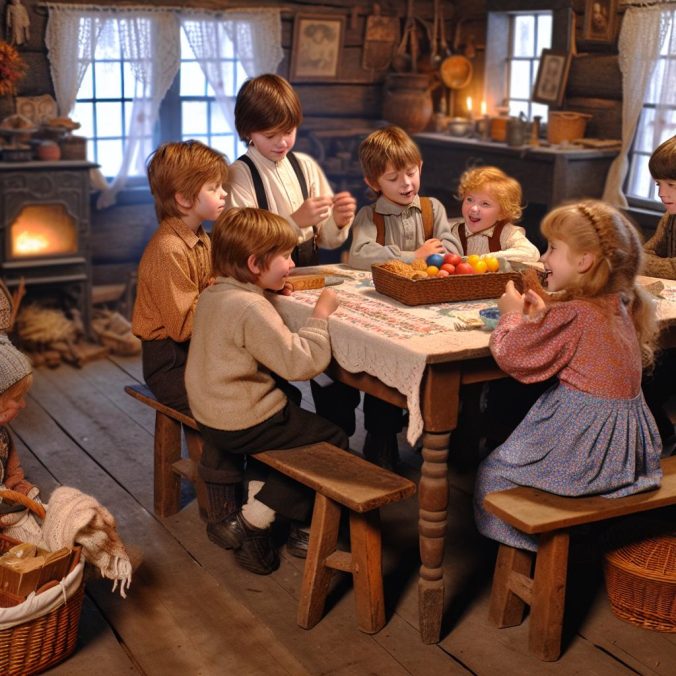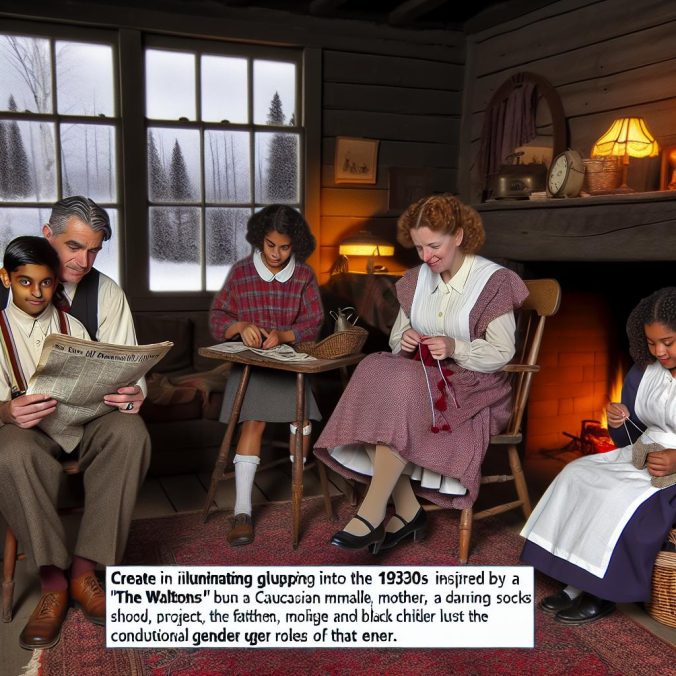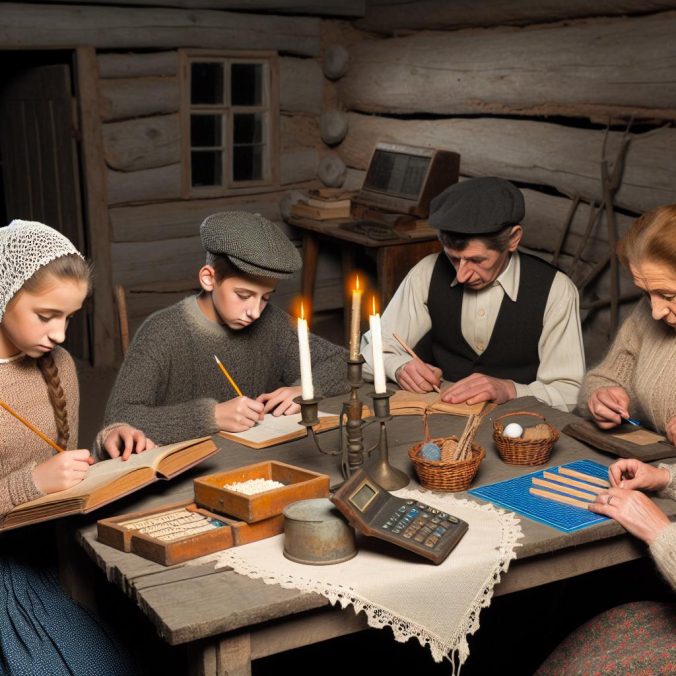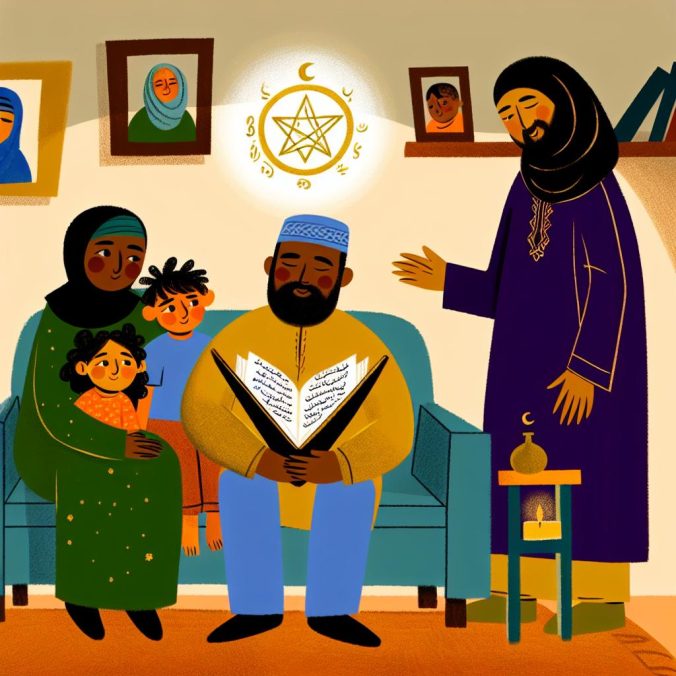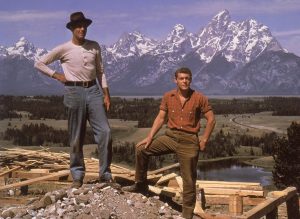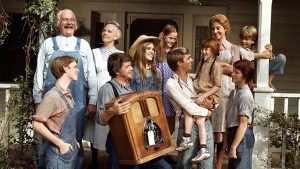The Role of Nature in “The Waltons”
“The Waltons,” a classic television series, richly integrates the influence of nature and rural settings into its narrative. Set during the Great Depression and World War II era, the series portrays the life of the Walton family living in the fictional rural community of Walton’s Mountain, Virginia. This setting is not merely a backdrop but plays a significant role in shaping the characters and the stories.
Depiction of Rural Settings
The show’s rural setting is integral to its authenticity and charm. Walton’s Mountain is depicted as a place with expansive landscapes, abundant forests, and rolling hills that serve as much more than just scenery. These elements of nature profoundly influence the Waltons’ way of life, underscoring a sense of simplicity and self-sufficiency that is central to the family’s identity. The family relies on the land for their livelihood, with farming and forestry being pivotal elements of their existence.
The visual representation of the natural environment is critical in this context. The forested areas are not only a source of resources but also a locale for numerous personal and family interactions. These settings facilitate various narratives that explore human relationships and individual growth. By regularly featuring scenes in fields, woods, and family gardens, the series paints a vivid picture of life connected deeply to the land—a life that is increasingly unfamiliar in modern urban settings.
Connection with Nature
Throughout the series, the characters’ connection to nature is emphasized. The Waltons maintain a close relationship with their environment, which shapes their values and lifestyles. Their interactions with nature range from farming activities to hunting and fishing, each activity reinforcing their bond with the natural world. This connection is mirrored in the stories, often illustrating themes of resilience and adaptability, which are essential in rural communities.
This bond with nature is reflected in various characters. For example, patriarch John Walton’s role as a hunter and lumber mill owner demonstrates a direct connection to the environment. These roles aren’t merely occupational; they signify a commitment to sustainable living and respect for natural cycles. The series frequently illustrates how the Waltons depend on the Earth’s bounty, adhering to a lifestyle that is both ecologically responsible and closely connected to tradition.
Nature as a Source of Inspiration and Reflection
Nature in “The Waltons” is also portrayed as a source of inspiration and reflection. The series frequently uses natural settings to provide depth and meaning to the narrative. Characters often find peace and solitude in the tranquility of their surroundings, allowing them to reflect on personal and familial challenges. The mountains and forests become symbols of continuity, standing as witnesses to the family’s struggles and triumphs.
These natural settings serve as a backdrop for personal introspection and the exploration of broader themes. Characters, especially John-Boy Walton, often retreat into these spaces for contemplation and writing. The mountain vistas and wooded paths act as muses for creative expression and personal narratives, fostering a sense of introspection that enriches character development.
Symbolism of Seasons
The changing seasons offer an ongoing backdrop that symbolizes change and continuity in the series. Each season brings unique challenges and opportunities for the family, from the renewal of spring to the harvest of autumn, contributing to the narrative’s realism. The cyclical nature of the seasons parallels the family’s growth and adaptation over the years.
The transition from one season to another marks the passage of time and personal growth within the show. Spring symbolizes hope and new beginnings, mirrored in the family’s projects and aspirations. Summer offers abundance and hard work in the agricultural calendar, a direct reflection of the Waltons’ active engagement with nature. Autumn harvests signify both the rewards of labor and the impermanence of time, imparting life lessons about the fruits of diligence and the cycle of life. Winter, with its stark beauty and challenges, serves as a time for family gatherings and reflection, fostering unity and endurance.
Conclusion
In “The Waltons”, nature and rural settings are essential elements that enhance the series’ authenticity and thematic depth. They contribute significantly to the characters’ development and the narrative’s emotional resonance without relying on dramatic embellishments. The series highlights how deeply interwoven nature and rural life are with personal and communal identity, offering viewers a window into a world where the simplicity of rural living interacts profoundly with human experiences.
This interplay between nature and the human condition is evident in numerous plotlines. The symbiotic relationship between humans and their environment is not simply a backdrop but forms the essence of the lifestyle depicted. It highlights a way of life centered around sustainability long before it became a global movement. By portraying the Waltons’ daily life amidst the tranquil yet challenging rural settings, the series underscores the importance of adapting to natural rhythms and illustrates a model of living harmoniously within environmental constraints.
In essence, the nature depicted in “The Waltons” serves as a character itself—consistent, nurturing, and omnipresent, influencing events and decisions. Each episode subtly reinforces the notion that a harmonious relationship with nature is not only beneficial but crucial for personal and family growth. The series invites viewers to reflect on their connection to their own environments, despite living in an increasingly industrialized and digital world, suggesting that the lessons from Walton’s Mountain are timeless and universally relevant.
